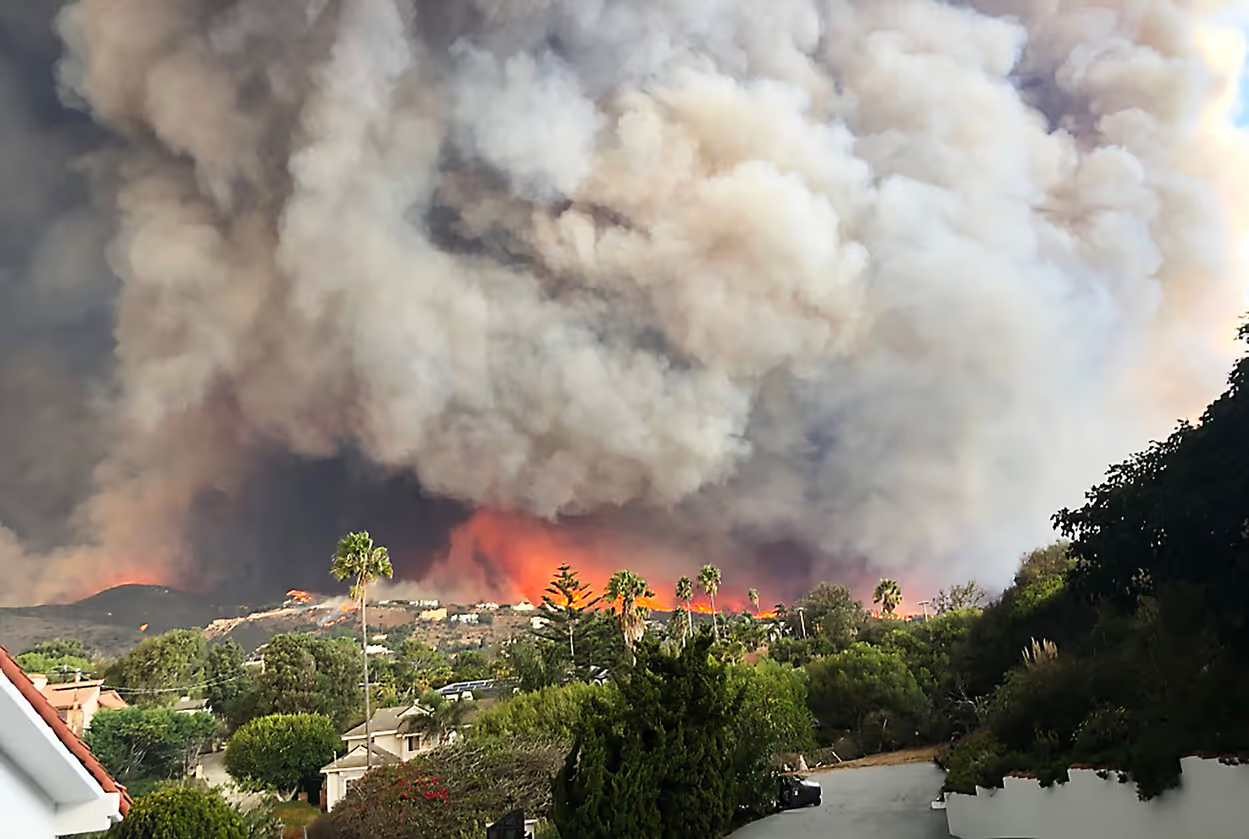
By Megan Arnold, Regulatory Intelligence Expert, Jupiter
UPDATE: On Oct. 7, California Gov. Gavin Newsom signed into law a bill that will require large businesses with more than $1 billion in annual revenue that operate in California to disclose their Scope 1, 2 and 3 greenhouse gas emissions to an emissions reporting entity.
This is a historic month in the U.S. for climate change disclosures - California crossed the first legislative hurdles to establish the first climate disclosure rule in the U.S. The state assembly and senate passed two bills targeting climate disclosures: SB253 mandates greenhouse gas disclosures and SB261 mandates climate-related financial risk disclosures. Both bills are now in the Governor’s office awaiting approval within 30 days of passing the senate votes. Governor Newsom was quoted saying that he will sign both bills after cleaning up some of the language.

Let’s dig into SB261 first. This bill will establish biennial climate-related financial disclosures as a standard practice for U.S. companies operating in California that have total revenues of $500 million or more. This applies to public and private organizations with headquarters in any U.S. state or the District of Columbia. The bill excludes insurance companies, and it is estimated that 10,000 companies will be subject to the mandate. The deadline is to report the climate risk disclosure on or before January 1, 2026, and continue biennially thereafter.
The bill specifies that climate risk disclosures should follow the TCFD or IFRS Sustainability Disclosure Standards frameworks, which are both globally recognized reporting standards. The IFRS Sustainability Disclosure Standards were finalized by ISSB in June 2023 and expanded on the framework established by TCFD. Both TCFD and ISSB frameworks include transition risk and physical risk. For physical risk assessments, they recommend the use of multiple scenario analyses for different warming scenarios over multiple time-horizons.
SB253 focuses on greenhouse gas disclosures. This bill requires public and private U.S. companies, with total annual revenues exceeding $1 billion, that operate in California report on their emissions annually. The reporting format follows the Greenhouse Gas Protocol, a globally recognized emissions accounting and reporting standard. The bill will require the reporting entities to report on an annual basis their Scope 1 and 2 emissions starting in 2026, and Scope 3 emissions in 2027. The specific deadline dates for these disclosures will be determined on or before January 1, 2025.
Once these two bills are signed by Governor Newsom in October, they will be the first climate disclosure rules in the U.S. The state of California is not alone in seeking climate action, there is also a bill on climate risk disclosure in the New York state senate.
It’s very likely that the two California bills will be signed into law before the U.S. Securities and Exchanges Commission (SEC) finalizes the climate disclosure rules that they proposed in March 2022. After several delays in the release of the final rule over the past 1.5 years, the new estimated release is October 2023. Given the uncertainty in timing of disclosure rules at a federal level, it is not too surprising that climate-aware states, such as California and New York, are taking action.
A key component to climate risk disclosures required by California and other regulators around the world is a physical risk assessment of both acute and chronic risk. Jupiter ClimateScore Global meets the physical risk criteria as noted in the California SB261 bill, as well as the physical risk components of TCFD, ISSB, and the European Union Corporate Sustainability Reporting Directive (CSRD) frameworks. Our data has been used in multiple TCFD reports across several sectors and countries. Jupiter ClimateScore Global is flexible to address disclosure needs as well as other business use cases such as supply chain analysis and operational risk assessments.
We recommend getting started with your disclosure practice soon, we are here to help. For more information, contact us today.
Megan Arnold is the Competitive & Regulatory Intelligence Manager at Jupiter.
.webp)
